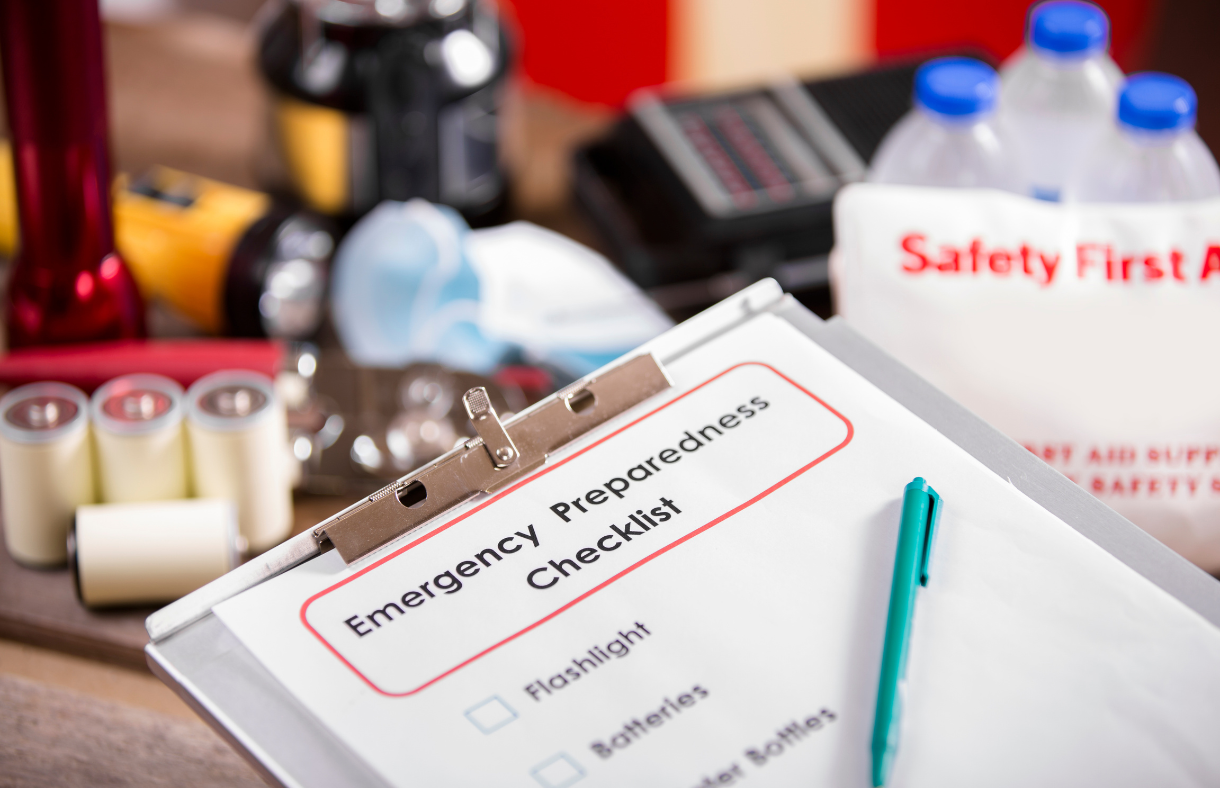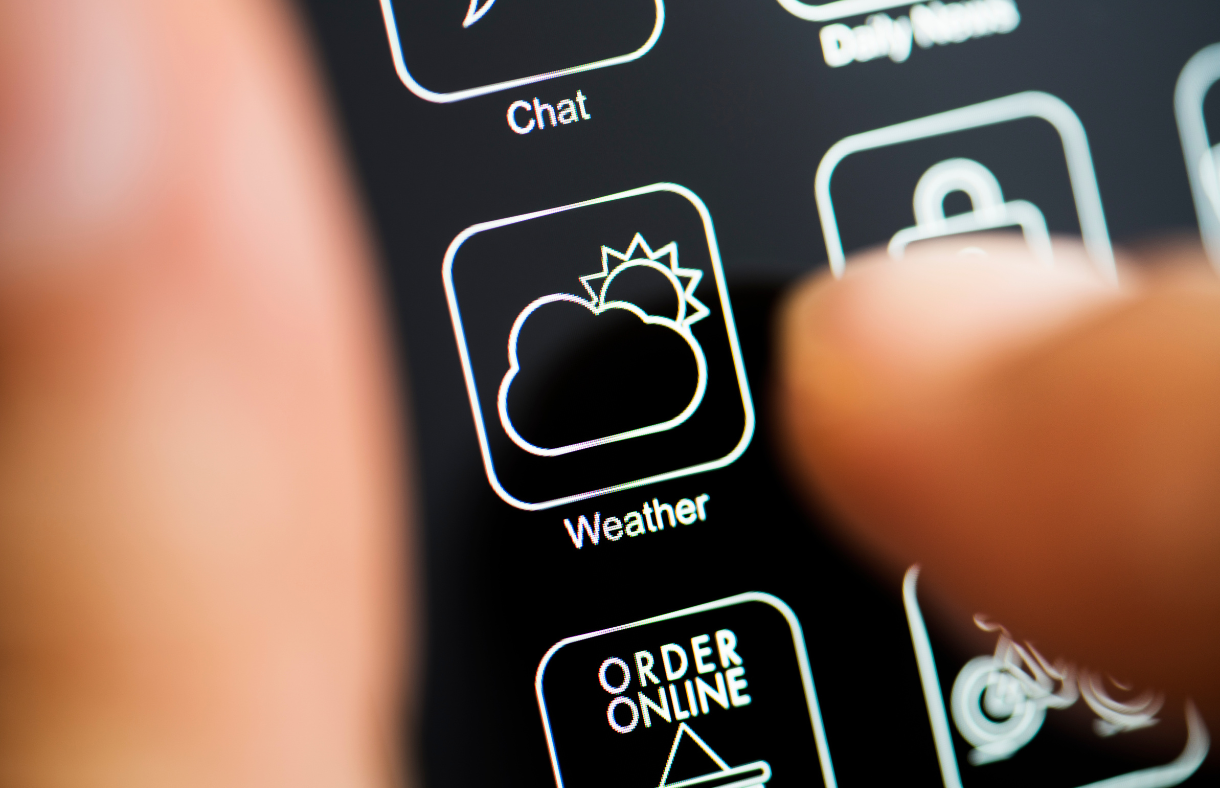Hurricane season spans half a year—June through November—and, for many coastal residents, is also high-anxiety season. “Storm anxiety” is common enough to be recognized by the psychological world and major news media alike.
It’s worse if you’ve previously lived through a hurricane. Or if emergency planning is complicated by a disability in the household:
- Intellectual and emotional disorders mean increased difficulty staying calm and seeing the situation in perspective.
- Mobility impairments add extra challenges to evacuations.
- Most assistive items—wheelchairs, service dogs, even medication containers—take up space that may not be an issue in everyday life, but becomes all too obvious in an emergency rush. Worse, smaller assistive items—including smartphones loaded with important apps—can fall to the bottom of a bag or be left behind completely.
- An evacuation or shelter-in-place power outage is the worst possible time to be caught with a low charge on a phone, let alone any power-dependent technology that could mean the difference between life and death. (Residents of multistory buildings should remember that elevators and wheelchair lifts also need power sources.)
The time to make an emergency plan is before batteries run low, essential items are “somewhere” in your house, or the community shelter won’t let you bring in your Emotional Support Animal.

Basics of an Emergency Plan
- Keep phones and other regularly used technology as fully charged as possible.
- Check weekly that all assistive tech (including weather and emergency-contact apps) is still working properly—and that you can operate it without conscious thought. (In the panic of an emergency, the smartest of us can forget where to look for basic buttons.)
- Keep at least a two-week supply of important prescriptions on hand.
- Pack a “grab and go” kit of essential items—extra medication, nonperishable snacks, assistive technology reserved for emergencies—and keep it near the door or in your car, ready to take along on a minute’s notice.
- Have a remote support network of people you can contact for help with information, supplies, or temporary lodging.
- Know where you will stay if you have to leave home. Ideally, arrange for one place on higher ground nearby, and one place farther inland.
- Make sure everyone in your household knows what to do if you have to ride out a power outage, shelter in place, or evacuate. (Hold emergency drills for practice.) If anyone is prone to panic or confusion, make sure somebody stays close to keep them reassured.
- Have a reliable information source for objective, up-to-date facts: most local news stations have weather apps; and see also the following section on “Helpful Houston-Area Resources.” Social media and TV “breaking news” are not recommended: they usually focus on the most sensational aspects, which may not be relevant to your area and usually just increase anxiety.

Helpful Houston-Area Resources
All of the following offer personalized weather alerts and/or electronic news updates:
- ABC13/AccuWeather app
- City of Houston Emergency Operations Center: AlertHouston
- Houston Mayor’s Office for People with Disabilities
- KHOU app
- Ready Harris Accessible Alerts
Also: United Way of Greater Houston and Greater Houston Community Foundation have recently formed the Greater Houston Disaster Alliance, to “strengthen year-round overall disaster preparedness to ensure that the Greater Houston region has the social service network and systems in place to respond rapidly, equitably, and effectively in times of disaster.” Read more on the press release, “Two Leading Houston Nonprofits Launch Greater Houston Disaster Alliance with $1.5 Million Funding from Enbridge and Phillips 66.”
In closing, don’t beat yourself up if you’ve done everything to prepare, but still feel anxious about hurricane season. Turn your energy and attention to things you can control—self-care, helping others, fun family activities—and remember, you’ve made it through challenging times before!

